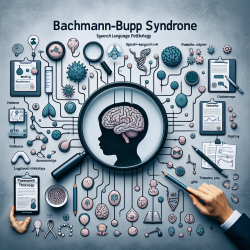The 2010 Shanghai World Expo stands as a landmark event in the realm of public health, particularly in the implementation of tobacco control policies. This event not only showcased the feasibility of enforcing smoke-free environments at large-scale international gatherings but also provided valuable insights into effective strategies for tobacco control. As practitioners in the field, there is much to learn from the outcomes of this event to enhance our own skills and practices.
Understanding the Impact of Smoke-Free Policies
The Shanghai World Expo was a pioneering event in terms of implementing strict tobacco control measures. Observations and surveys conducted during the Expo revealed that:
- All pavilions and souvenir shops were smoke-free.
- Restaurants maintained a high compliance rate with only 0.1% of customers observed smoking.
- The majority of visitors (80.3%) were aware of the smoke-free policy, with an overwhelming 92.5% supporting it.
- Visitor satisfaction with the smoke-free environment was notably high at 97.1%.
These results highlight that comprehensive smoke-free policies can be successfully implemented and widely accepted, even in environments with high visitor density and diverse cultural backgrounds.
Strategies for Successful Implementation
The success of the tobacco control policies at the Expo can be attributed to several key strategies:
- Public Education Campaigns: The use of media, signage, and volunteer reminders played a crucial role in raising awareness and support for the policies.
- Designated Smoking Areas: By clearly marking designated smoking areas and using text message reminders, organizers effectively managed smoking behavior among visitors.
- Multisectoral Coordination: Collaboration between government bodies, health organizations, and event organizers ensured cohesive policy implementation.
These strategies provide a framework that practitioners can adapt to their own contexts to promote smoke-free environments effectively.
Encouraging Further Research
The findings from the Shanghai World Expo serve as a springboard for further research into tobacco control policies. Practitioners are encouraged to explore:
- The long-term impact of smoke-free events on public health outcomes.
- The effectiveness of different communication channels in promoting policy awareness and compliance.
- Cultural factors that influence attitudes towards tobacco control measures.
By engaging in further research, practitioners can contribute to the development of more refined and effective tobacco control strategies globally.
To read the original research paper, please follow this link: Results from an evaluation of tobacco control policies at the 2010 Shanghai World Expo.










